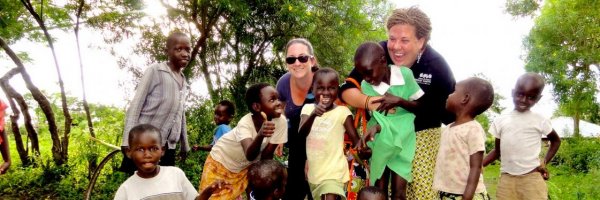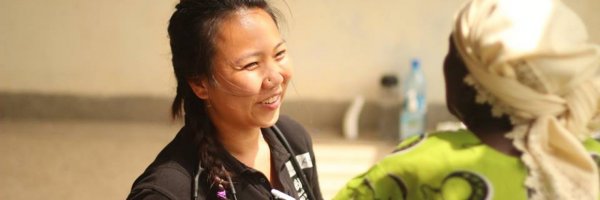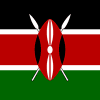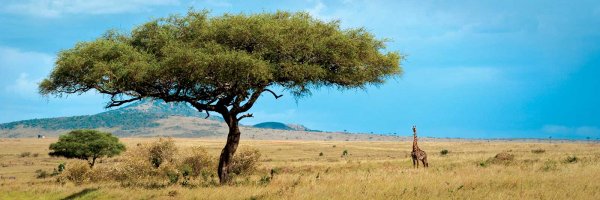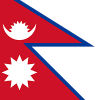Brief History
The first Anglican and Roman Catholic missionaries came to Uganda in the late 18th Century. In the wake of missionaries came trade. In 1888 the British government gave the British East Africa Company control of Uganda. In 1894 the British government made Uganda a colony. In 1904 cotton was introduced to Uganda and by 1914 huge amounts of cotton were being exported. In the 1920s large amounts of tea and coffee were grown in Uganda. In 1920, executive and legislative councils were formed in Uganda.
During World War II Uganda exported wood for the war effort. However, Ugandans were becoming restive and riots took place in 1945 and in 1949. Despite this in 1945 the first three Africans were appointed to the legislative council and in 1950 the number of African members was increased to eight. After years of struggle, Uganda became independent from Britain on 9 October 1962.
Population
Uganda has a population of 30,262,610 (2023). With an annual growth rate of about 3.3%, Uganda has one of the fastest growing populations worldwide. If high population growth is left unmonitored, it is feared that the population pressure will impose itself on social services, especially health and education.
Climate
Despite being a tropical country lying along the equator, Uganda normally has a mild, equable climate, mainly because of its relatively high altitude. Mean annual temperatures range from about 16° C in the south western highlands to 25° C in the northwest; but in the northeast, temperatures exceed 30° C about 254 days per year. Except in the north eastern corner of the country, rainfall is well distributed. The southern region has two rainy seasons, usually beginning in early April and again in October.
Economy
Uganda has substantial natural resources including fertile soils and sizable mineral deposits of copper, cobalt, gold, and other minerals. Agriculture is the most important sector of the economy, employing over 80% of the work force. Coffee accounts for the bulk of export revenues. Since 1986, the government - with the support of foreign countries and international agencies - has acted to rehabilitate and stabilize the economy by undertaking currency reform, raising producer prices on export crops, increasing prices of petroleum products, and improving civil service wages.
HIV/AIDS
The HIV/AIDS adult prevalence rate in Uganda is 5.8% aged 15 years and older, corresponding to approximately 1.3 million adults living with HIV in the country. Among women, the prevalence is 7.2% while among men it is 4.3%. AIDS has reduced life expectancy below 49 years and the deaths have created up to 1.5 million orphans.
Political situation
The President of Uganda, currently Yoweri Museveni, is both head of state and head of government. The president appoints a prime minister, who aids him in governing. The parliament is formed by the National Assembly, which has 303 members. Eighty-six of these members are nominated by interest groups, including women and the army. The remaining members are elected for five-year terms during general elections. Museveni's tenure in office has been marred by allegations of massive corruption, embezzlement of public funds by a small section of the population and continued uncontrollable demonstrations of recent PRA suspects in court and Mabira Forest give-aways.
Religion
Uganda is a religiously diverse nation with Christianity being the most widely professed faith. There is currently 45.1% recognised as Protestant, 39.3% Roman Catholic and 13.7% Muslim. Uganda has a very young population, with 48.2% of the people being 0-14 years old.
Education
Uganda faces major challenges in providing quality and accessible basic education to children and adolescents. Today, around 40% of young children aged 3 to 5 years attend early childhood education, showing marked progress from 2011 that saw only 2 out of 10 children enrolled. Similarly, 8 out of 10 children aged 6 to 12 years attend primary school and more than 1 in 4 attend secondary school.
Locations in which WYI works
WYI currently works in two main areas of Uganda; the city of Jinja and the surrounding regional district of Kamuli.
Jinja
Jinja lies in the south east of Uganda, 87 km north east of the capital, Kampala. It is located on the shores of Lake Victoria, near to the source of the White Nile river. The city is the chief town of Jinja District, and is considered the capital of the Kingdom of Busoga.
The resident population of Jinja is approximately 106,000 (an increase from 45,000 in 1980 and 65,000 in 1991), but it also draws in some 80,000 commuters each day. The majority of the population are of Bantu origin. Lusoga is the main local language. Average annual household income is estimated at US $100.
 World Youth
World Youth

